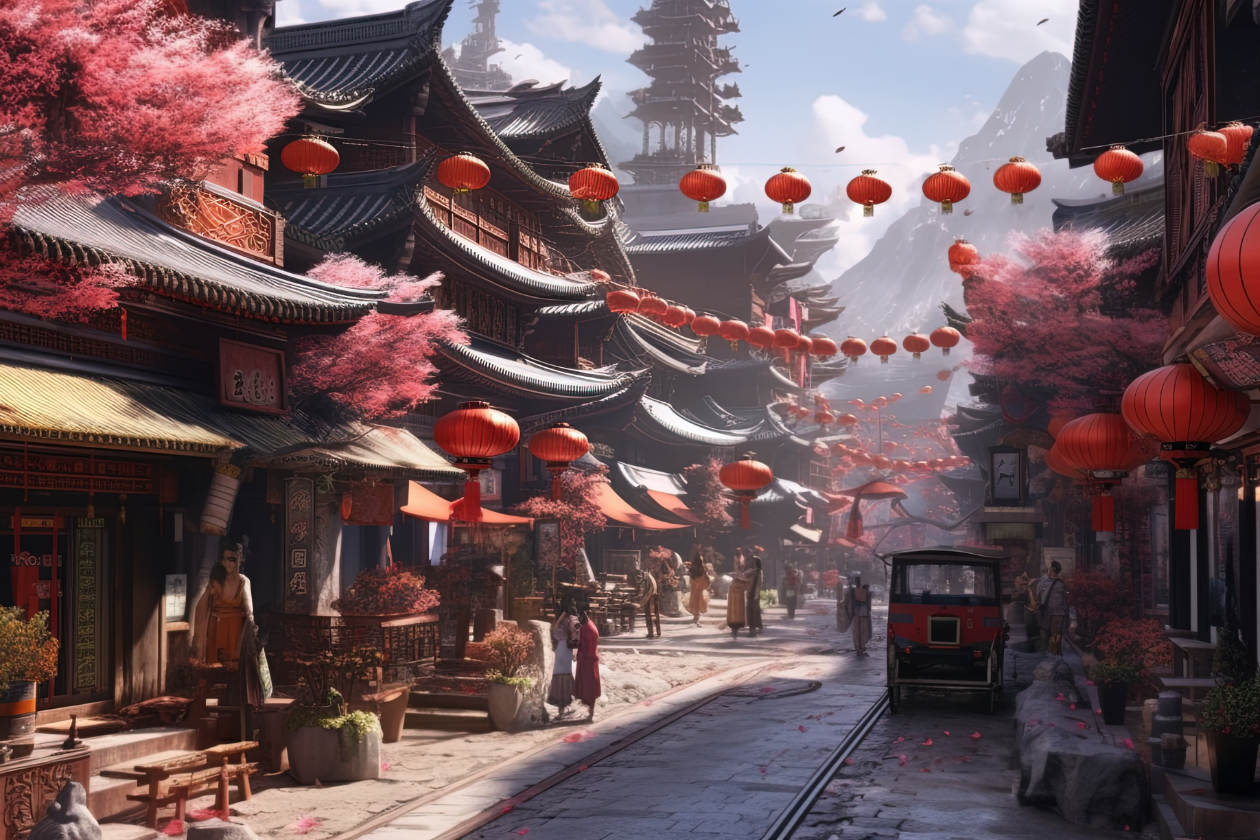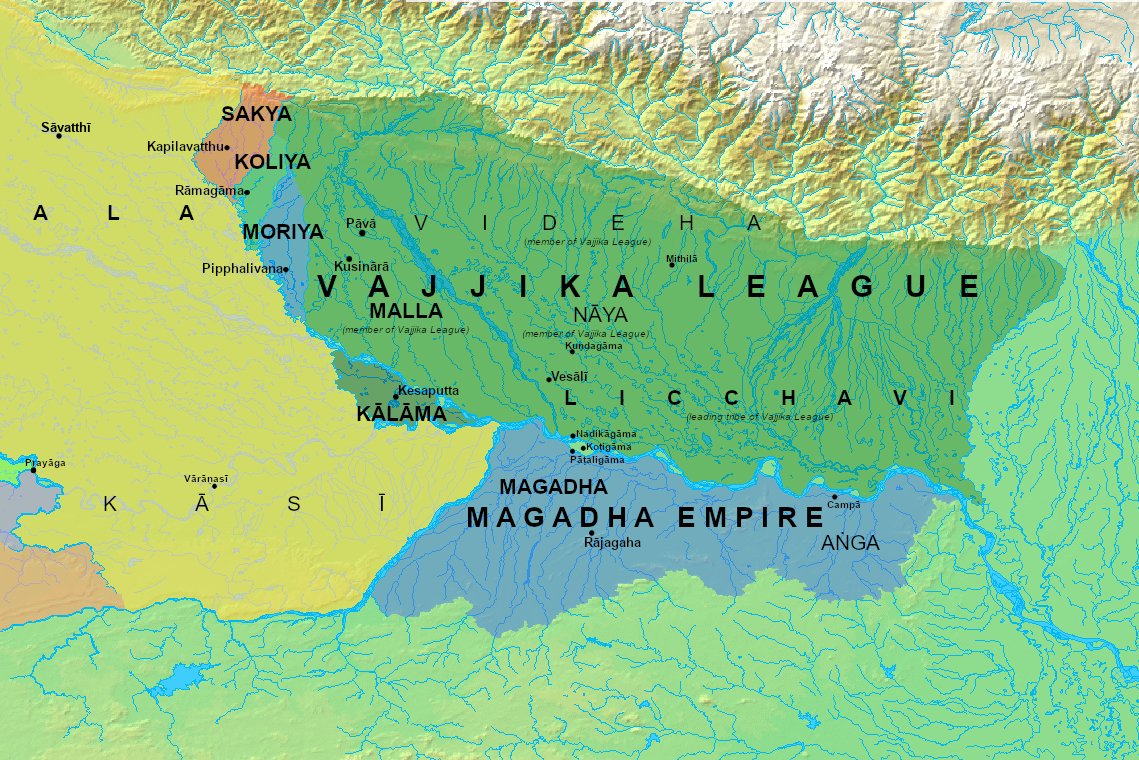I recently read A Literary Education by the American essayist and literary critic Joseph Epstein, in which he says,
To be educated by novels is to believe that human actions are best understood through individual cases, and to believe, further, that every individual case is itself immensely complex.
He then contends that:
Most great literature is indeed separable from politics… true culture is above gender, race, and class… the point of view literature teaches is inherently anti-system, anti-theory, and sceptical of all ideas that do not grow out of particular cases…
Epstein is not denying the possibility of general truths about ‘human actions’, but he is saying that such truths are truer when they are intuitively recognised in concrete examples rather than constructed as abstract conceptual systems. His words also point to the danger that if we adhere strongly to such an abstract system, we might then think that we are ‘recognising’ it when we are really just superimposing it on what goes on around us.
Epstein’s words crystallised a few thoughts I had been having regarding Buddhism (the Dharma) and political ideologies, or more specifically, about Buddhists and political ideologies. It seems to me that most British (and American) Buddhists share a political viewpoint – an abstract conceptual system – that they assume is compatible with Buddhism. It seems that the vast majority of them are left wing, and some of the younger ones ‘woke’. Consequently, they are surprised when a Buddhist, such as myself, expresses a different viewpoint, or challenges theirs.
The Buddhist movement to which I belong – the Triratna Buddhist Community – in Britain and America at least, is very porous, in that it embraces whatever (left wing, progressive, etc.) political or ideological ideas that happen to be foremost in the society around us. When Extinction Rebellion first hit the headlines a few years ago, many members of our community began talking about and advocating involvement in XR, and still are. Soon after the death of George Floyd in America the same thing happened with regard to Black Lives Matter. XR and BLM both have very strong political ideologies behind them, which my Buddhist friends were either unaware of, or agreed with, or chose to overlook. Either way, they were bringing political ideologies, knowingly or not, into our Buddhist movement.
‘Diversity’ is one of the ideas that our movement has embraced, and on the face of it that seems to be a very good thing. After all, we want everyone to benefit from the Dharma. However, ‘diversity’, like social justice, is one of those words that sounds innocent and good, but is informed by a political ideology that is not so innocent and good. Or at least, an ideology that you might not agree with, if you knew what it was. But leaving that aside, diversity is usually understood to be tolerance, but defined in a new way as acceptance and celebration of difference, in race, ethnicity, religion, sexual orientation, and gender.
However, there is also such a thing as diversity of social and political opinion, and this is where tolerance / acceptance / celebration of difference often ends. This intolerance seems to be expressed in three ways. Firstly, an assumption that anyone who attends a Buddhist Centre will be left wing, because of course the Left is the compassionate, caring side of politics, and so is the correct place to be if you are a Buddhist. Secondly, a patronising pity for those of more conservative views, who will no doubt one day realise the error of their ways, if they stick around the Buddhist Centre long enough. And thirdly, I am sorry to say, downright hostility, because right-wing views are wicked. I know this because a few conservatives have written to me to tell me of their experience.
It’s time that I defined my terms. According to the Cambridge online dictionary a political ideology is ‘a set of beliefs or principles, especially one on which a political system, party, or organization is based’. By ‘temple’ I mean a Buddhist Centre, but I also mean Buddhism as a whole – not just actual temples or shrines, but also the teachings and practices of the Dharma, respected teachers of the past and present, and so on. I like the word ‘temple’ because it suggests a sacred space, somewhere outside of ‘the world’, from which it’s possible to see the world more clearly for what it is.
I’ve heard it said that the Buddha was an activist where the caste system was concerned. It’s true that he considered the caste system to be a bad thing, irrational and unethical, and he said so to anyone who asked him. But he wasn’t an activist. He didn’t try to pressurize anyone to ‘change the system’, and he didn’t organise demonstrations against it. In fact, the Buddha left the societies in which he roamed just as they were. He didn’t, as far as we know, call for the abandonment of caste in society as a whole. It’s easy to imagine a variety of pragmatic reasons for this reticence, but that is a topic for another occasion.
When it came to his disciples though – those of them who emulated the Buddha in being homeless wanderers (the bhikkhus and bhikkhunis) – he told them to drop their identity with the caste from which they came. He said that, just as all rivers flow to the great ocean, but then lose their identity as rivers, and just become the ocean, so his disciples, once they join the (homeless) community, lose their identity as members of a caste and just become ‘sons and daughters of the Buddha’. He didn’t ask this of his disciples who practised the Dharma as householders, probably because it would not have been possible for them to do so.
Bhikkhu Thanissaro makes the following point in an essay on karma:
We read the early Buddhist attacks on the caste system, and aside from their anti-racist implications, they often strike us as quaint. What we fail to realize is that they strike right at the heart of our myths about our own past: our obsession with defining who we are in terms of where we come from – our race, ethnic heritage, gender, socio-economic background, sexual preference – our modern tribes. We put inordinate amounts of energy into creating and maintaining the mythology of our tribe so that we can take vicarious pride in our tribe’s good name. Even when we become Buddhists, the tribe comes first. We demand a Buddhism that honors our myths.1
Thanissaro suggests here that, for contemporary western Buddhists, the equivalent to identification with a particular caste is their allegiance to, and identification with, whatever ‘tribe’ they have come from. He seems to be criticising identity politics, or at least the bringing of identity politics into the Buddhist community. He doesn’t mention other kinds of political ‘tribes’, but I would include them all: left, right, Marxist, anarchist, fascist, socialist, communist, ‘identitarian’, and all the others. Not that Buddhists should necessarily drop all interest in politics. But when we are in our Buddhist Centres, physical or virtual, we should relate to each other as Buddhists and not as political allies or adversaries. The Dharma transcends politics.
The fact that the Buddha didn’t strive for social or political change may disappoint you if you cherish the idea that Buddhism isn’t just about changing individuals, but is also about changing the world. Actually, I cherish that idea myself: I’ve always understood that my Buddhist practice isn’t just about my own spiritual development, but is also about making a difference in the world. The question is not whether or not Buddhists should try to improve the world, but how we should go about doing so.
I think one of the reasons that Buddhist centres, or at least some members of the communities that coalesce around Buddhist centres, engage in social action is because they want Buddhism to be ‘relevant’. That is, they want their Buddhist Centre to be responding to, or at least saying something about, the issues of the day. I think this is a mistake, which comes from a misunderstanding of the Dharma and a consequent lack of conviction in it. It also conceives of ‘relevance’ in a very narrow way. The Buddha didn’t try to change the society in which he lived through political means, but he had a huge effect on the people of India, Tibet, Mongolia, Sri Lanka, Myanmar, Thailand, Indonesia, Korea, China and Japan. He changed billions of people’s lives for the better, and by doing so he also indirectly changed those societies for the better. And of course, his influence is still active, as many thousands of westerners would attest.
I used regularly to teach six-week introductory courses at the Manchester Buddhist Centre. In week five, when I introduced Buddhist wisdom, I used to say, rather provocatively, that I was not particularly interested in converting them to Buddhism. What I was interested in, I told them, was encouraging them to become wise, because the world doesn’t need more Buddhists, it needs more wise people. (Of course, I also think that practising the Dharma is one of the best ways to become wise, but I was making a point: you don’t automatically become wise because you are a Buddhist, and the world doesn’t need more unwise Buddhists.)
The world is in quite a bad state, or at least parts of it are, and it’s natural for Buddhists to want to do something about it. But before we attempt to do so we should ask ourselves whether we are in a fit state to do anything of any real value. There are already far too many unwise people trying to change the world. Adding more unwise people – even if they are Buddhists – will not help, and in fact will likely make the situation worse. In order really to help the world we have first to work on ourselves: we each have to become wise.
What do I mean by wise? Or, as there is no such thing as wisdom in the abstract, let me ask that question differently: what do I mean by a wise person? I offer below a few attributes that I think a wise person would have, most of which I could relate back to traditional Buddhist teachings on wisdom, although I don’t do that explicitly in this article.
Firstly, a wise person understands that whatever comes into existence does so due to a number of conditions. Life is a complex interplay of many conditions, and a wise person is consequently suspicious of any suggestion that there is just one cause for anything. We see this ‘single-cause-ism’ expressed in almost every aspect of current social and political discourse. Any disparity between different races is attributed to systemic racism. Climate change is caused by human-induced CO2 emissions. Global poverty is the result of capitalism. The single-cause understanding of every problem is reassuring because it appears to reduce the incredibly complex to the relatively simple. But it’s a dangerous illusion. In order to solve a problem, you need a good diagnosis, and to get that you need a really accurate understanding of the problem. This is not easy to obtain, and requires close attention to and long study of the issue, an open mind, a determination to find the truth, a strong resistance to the temptation to settle for easy solutions, and patience.
Because of the time it takes to understand anything, no one person can understand all topics, and this highlights another important attribute: wise persons are fully aware of the limits of their knowledge, and about things that they know little, they are silent, or at least tentative. This intellectual humility allows them to see and admit to their mistakes or the gaps in their knowledge when they are pointed out.
A wise person is not in thrall to any political ideology. One of the problems with ideologies is that the people who subscribe to them see the world through the lens of that ideology, and that lens distorts their vision rather than clarifies it. Instead of looking for the truth of any situation, they will look for evidence that seems to confirm their ideological viewpoint. They will distort the parameters of the problem to make it fit their ideology.
A wise person is not concerned about what other people think about them, which leaves them free to think their own thoughts. In doing this they will inevitably express some ideas and opinions that are unpopular, and this carries with it a certain amount of danger. In a civilised society it could result in a tarnishing of their reputation, the loss of a job, a career pathway blocked. In a less civilized society it can result in imprisonment, torture, or death. Hence a wise person will also have courage. And this brings me onto the affective dimension of wisdom.
Everyone knows that wisdom is more than intelligence. We know that a highly intelligent person is capable of saying and doing very stupid things. What then is the difference between the two? One Buddhist answer is that a wise person sees things as they are directly: that is, not through the prism of words, concepts and theories. But there is another important aspect of wisdom as understood in the Buddhist tradition, and of which the Buddha was the great exemplar. Put simply, a wise person is emotionally positive. They have unshakeable good will towards everyone, and they are compassionate towards those who are suffering. They consider the world and try to make decisions for the benefit of all rather than the benefits of themselves or of their group (their family, country, religion, etc.)
There are all too few people in the world who have even some of the attributes I have mentioned here, and fewer still who have many of them. Happily, due to the internet, they are managing to get their voices heard, notwithstanding various attempts to ‘cancel’ them. None of the people I have in mind are Buddhists. To date, as far as I’m aware, contemporary Buddhists have not distinguished themselves in this respect. I may have missed something, and I’d be very happy to be corrected, but I don’t see any prominent Buddhist bringing a deep and penetrating wisdom to current affairs, and unfortunately, I’ve seen a few who just add to the confusion, with well-meaning but uninformed opinions.
If Buddhists want to change the world, they should concentrate on practising the Dharma, and teaching and encouraging others to do so. In time, a few of those practitioners will become wise enough to make a real difference to the world, or at least a part of it. In the meantime, when you enter the temple, leave your politics at the door. And when you leave, take the Dharma with you.



